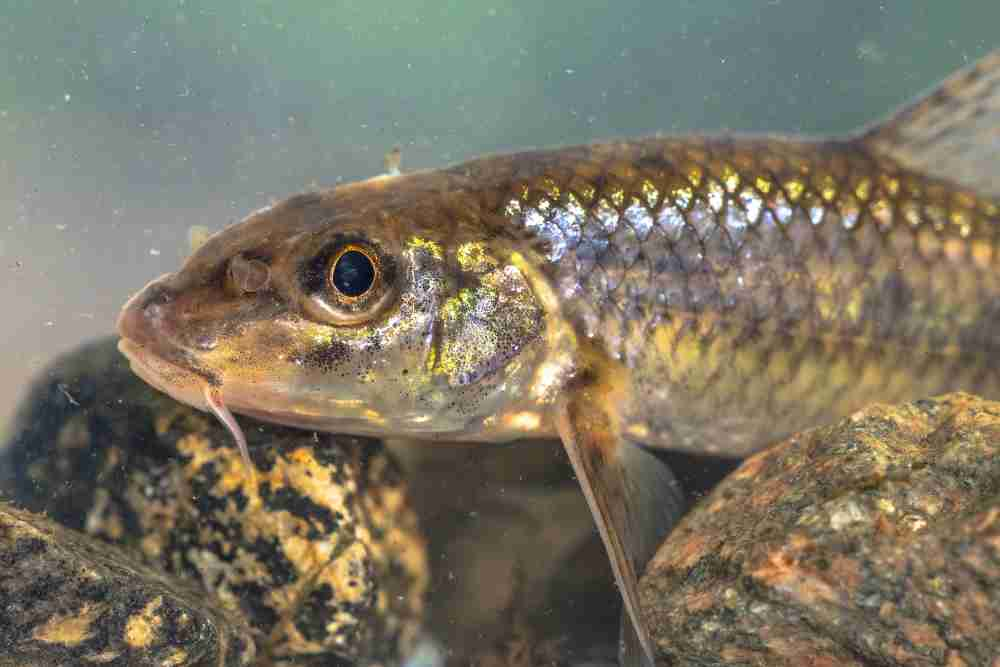Fish do drink water, although they may not do it in the same way that humans do. Fish absorb water through their skin and gills, and they also drink water that is present in their environment.
Fish living in freshwater environments, such as rivers and lakes, drink water to maintain the balance of electrolytes in their bodies.
When fish are in saltwater environments, they may drink water to help compensate for the salt that they absorb through their gills.
Fish do not have a diuretic system like humans, so they do not excrete excess water in the same way that we do.
Instead, they rely on their gills and other specialized organs to remove excess water and maintain the proper balance of fluids in their bodies.
The water intake of fish is influenced by a variety of factors, including the type of fish, the environment they live in, and the temperature and humidity of their surroundings.

Do Fish Get Thirsty?
It is not clear whether fish experience thirst in the same way that humans do. Thirst is a sensation that humans and other mammals experience when their body is dehydrated and needs more fluids.
It is caused by a hormone called vasopressin, which is released by the hypothalamus in the brain.
Fish do not have a hypothalamus or a vasopressin system, so it is unlikely that they experience thirst in the same way that humans do.
However, fish do need to maintain the proper balance of fluids in their bodies, and they will drink water from their environment to help achieve this balance.
Fish living in freshwater environments may drink more water to compensate for the loss of water through their gills and skin, while fish living in saltwater environments may drink water to help counter the effects of salt absorption.
Overall, the water intake of fish is influenced by a variety of factors, including the type of fish, the environment they live in, and the temperature and humidity of their surroundings.
Do Fish Drink Water?
Fish do not drink water in the way humans or other terrestrial animals do. Unlike mammals and birds, fish do not have specialized organs like kidneys to regulate the water content in their bodies through drinking and urination.
Instead, fish obtain the water they need through their environment, mainly through their gills. Here’s how it works:
Osmoregulation: Fish have a mechanism called osmoregulation, which allows them to maintain the balance of water and salts (ions) inside their bodies. This process is essential because fish live in an environment where the salinity (salt concentration) can vary significantly, depending on whether they are in freshwater or saltwater.
Gills: Fish have gills, which are specialized organs for extracting oxygen from water and expelling carbon dioxide. As water flows over the gills, fish simultaneously regulate the exchange of ions (such as sodium and chloride) and water through the gill membranes. This process allows them to maintain the proper balance of salts and water inside their bodies.
Excretion: To remove excess salts from their bodies, fish excrete concentrated urine. This helps them get rid of excess salts while conserving water.